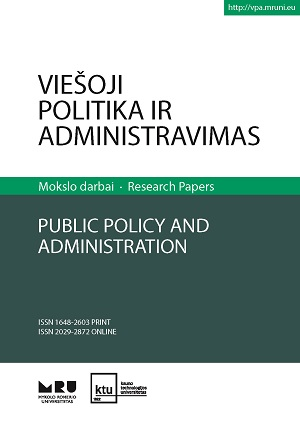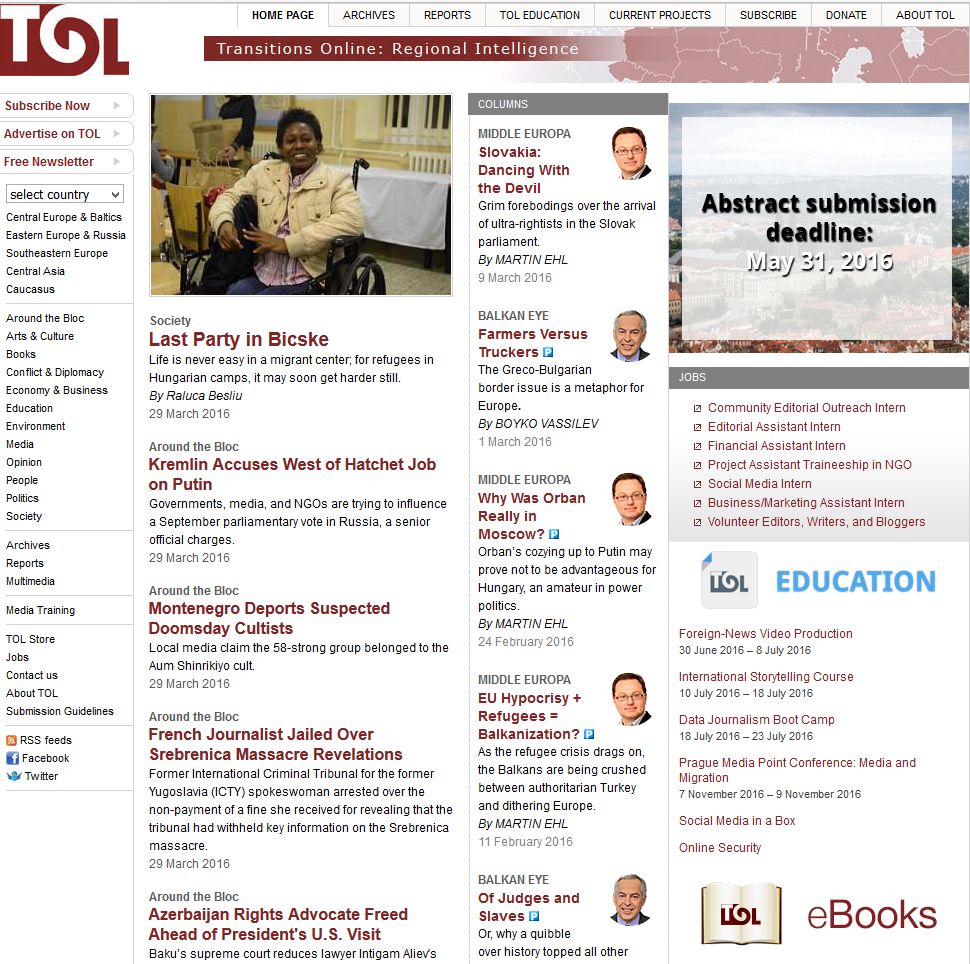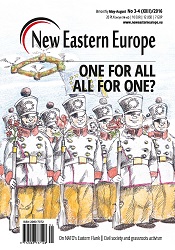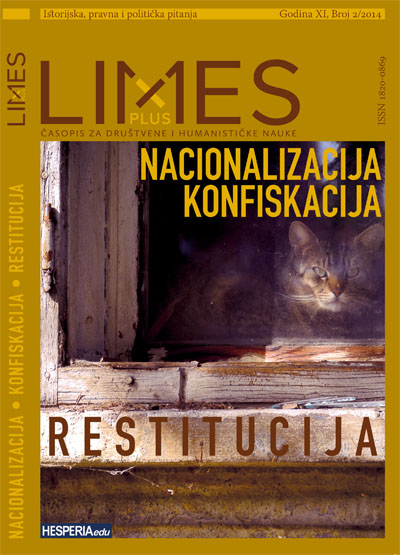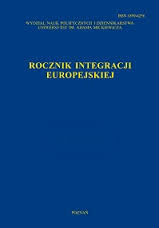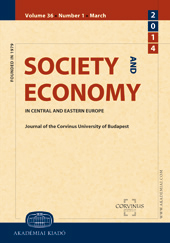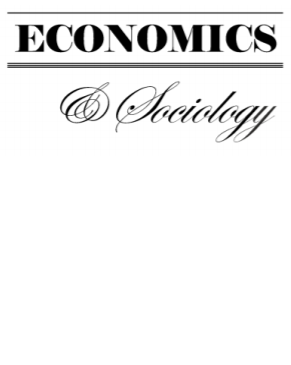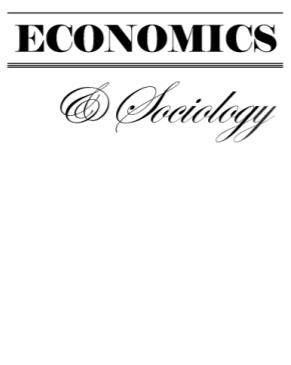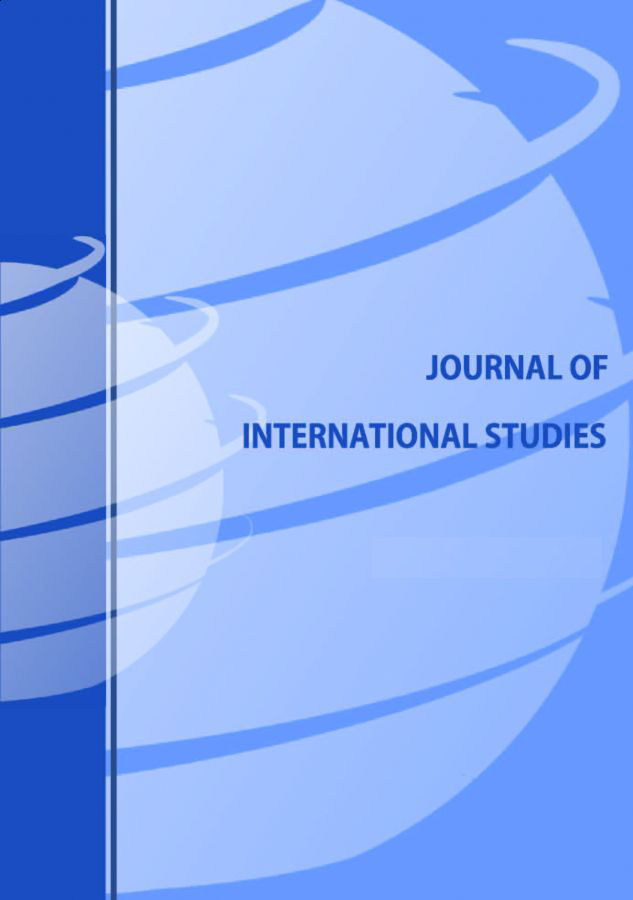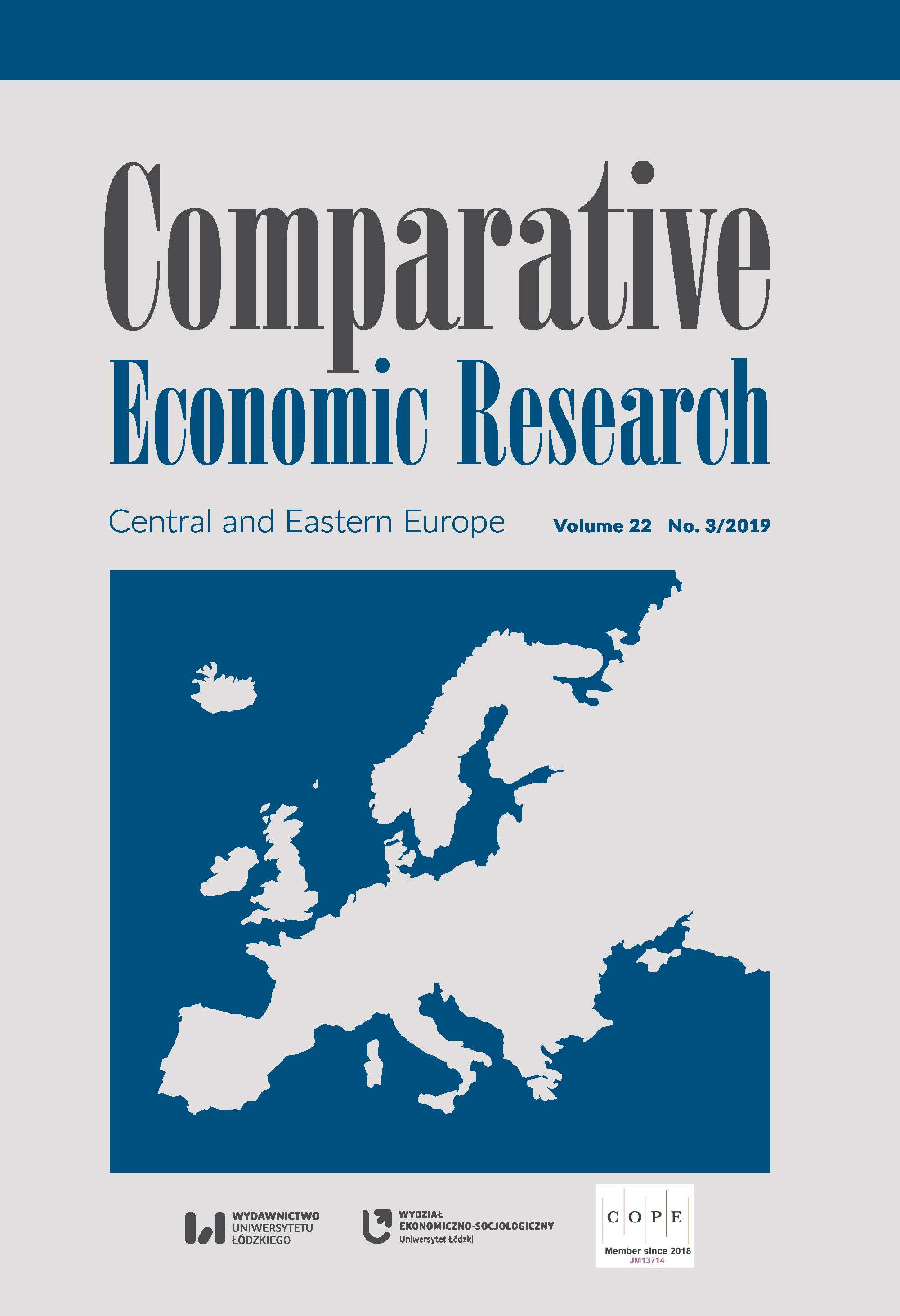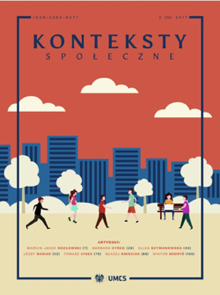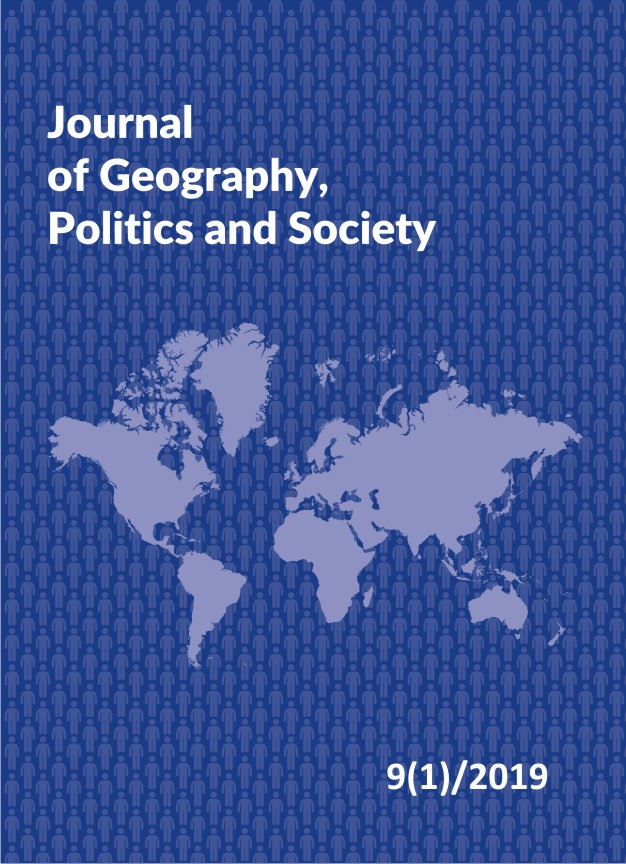Author(s): Nikola Samardžić / Language(s): Serbian
Issue: 2/2014
Restitution is not just a return to a previous state. We cannot revive the past, and that is not really a point. Restitution is a new opportunity for our future, for everybody with the exception of corrupt pockets of society and state. Memory and attention are priority in the process, in relation to the pure material satisfaction of the damaged or descendants. Broadly socially based capitalism and transparent ownership structure should be the stronghold of our democratic future, the path that respects the wrongdoing victims in the past, assuming the wartime aggression and the Holocaust. I also suppose that descendants of the victims are not responsible for the actions of their ancestors. A very unique burden for Serbia and Yugoslavia is the Donauschwaben destiny. Such controversies may be oversimplified only with a presumption that a new totalitarian order performed the liberation from Nazism and Fascism, with complex and long-term consequences related to the whole of the Eastern Europe, which Yugoslavia was a special and particularly complicated case. Confiscation and nationalization have drastically altered the structure of ownership and general legal framework. Conflict with the previous political system involved a conflict with the wealthier urban and rural social circles. Already during the last months of enduring war a new ruling class has emerged entering into other’s villas, houses, flats, beds and slippers. New ruling class gradually assumed both social function and lifestyle of those defeated. Moreover, eventually was established a tacit consensus of winners and losers, as Yugoslavia was approaching Western influences and opening the borders, faced with the disastrous results of post-war transition and economic policy. From the late sixties intellectuals were increasingly challenging Tito’s regime and value system, but only from the extreme left or nationalist platforms. Already during the seventies was permanently prevented eventual general Yugoslav consensus on democracy, the rule of law and transition to the capitalism. Confiscation and nationalization were significantly impeding modernization process, devastation of villages and ruralisation of the cities. Yugoslav and Serbian society was deprived of the dynamics, ethics, and driving force of capitalism. Gradual destruction of the private property culture, and state promoted, populist self-management kept the economic activity at the margins of profitability and market logic. Traditional urban classes were pauperized and intimidated. Post-war Sovietization and nationalism have transformed Serbia into failed state and futile economy. Despite all its controversies, restitution can be considered as an important reform process with deep and painful historical and ethical background: socialist revolution and Sovietization, the Holocaust and its relapse in nationalization and official hostility to Israel, on the other side of history the fate of the „Donauschwaben”, and, generally, crushing the backbones of modernization and democratization in both urban and rural development. That is why we decided to establish this permanent conference as the restitution process deserves the public and scientific attention and open, brave and transparent debate. I suppose that the priorities should be the ethic aspects of restitution, including the moral dilemmas, and all the benefits of our future economic, political and cultural development. Mutual rapprochement between the peoples originating from our former homeland should be implied. I am deeply convinced that the restitution should lead to a new moral consensus that will be referred to all aspects and consequences of the Holocaust. Negation of the idea of restitution, regardless of to whom it concerns, meaning individual nationality or national group, is implicit denial of the Holocaust, as post-war confiscation and nationalization concealed elements of deliberate and organized terror. But we need to discuss the collective reprisals against Donauschwaben. We need to recognize our own, Serbian victims. And we should be even more practical. There is no democracy without the rule of law. And there is no capitalism without legally protected private property. There is no capitalism outside democratic world. Perhaps democracy is the best of all poor political systems. Maybe capitalism is the price we pay to human nature, driven predominantly by market constraints, and just exceptionally by entrepreneurial spirit and work ethic.
More...
